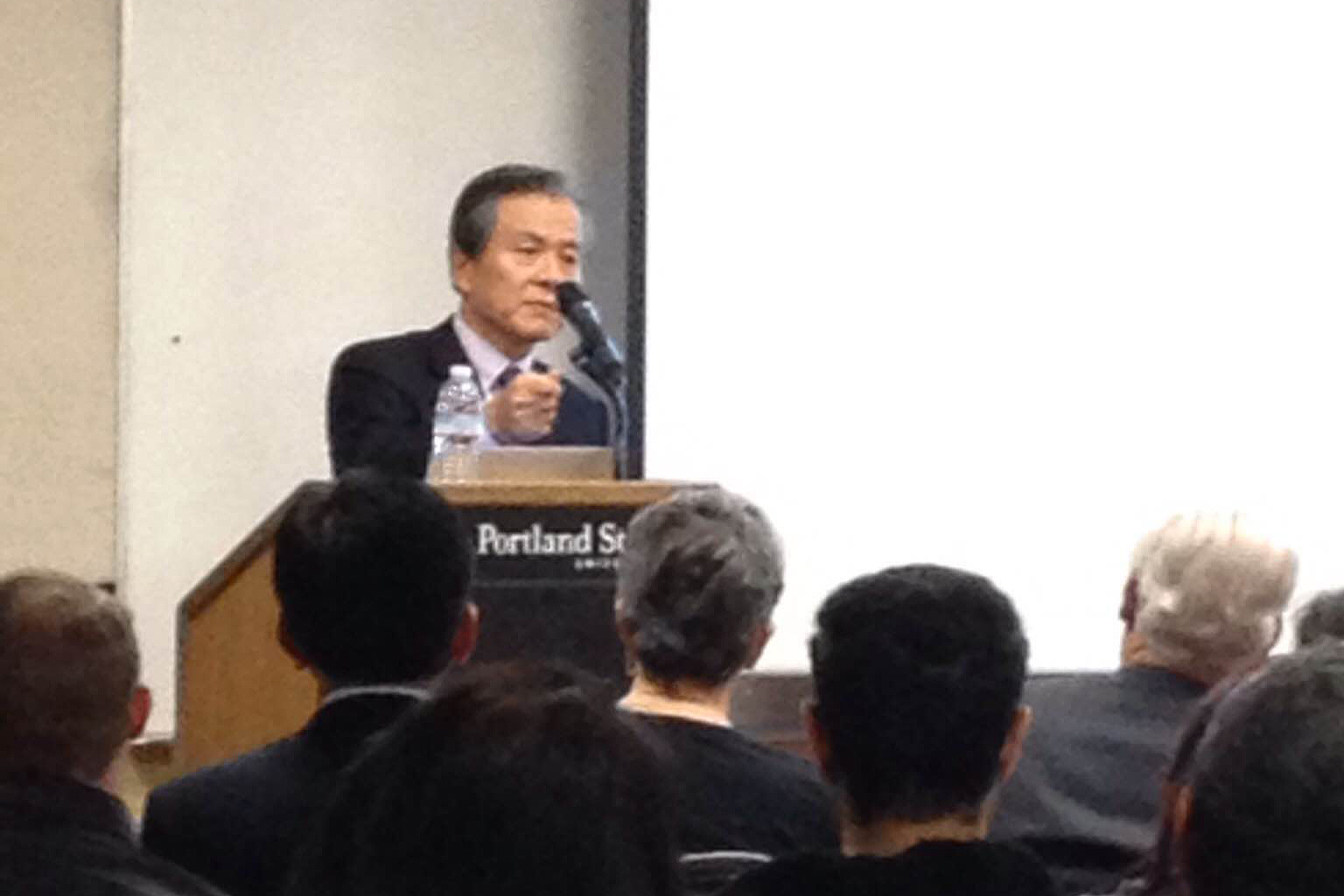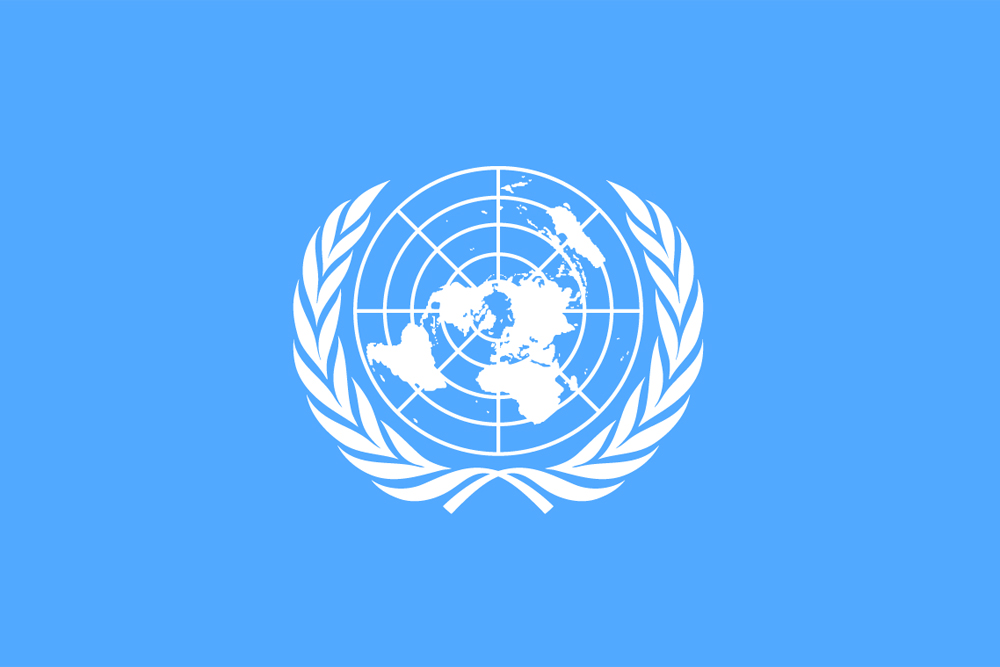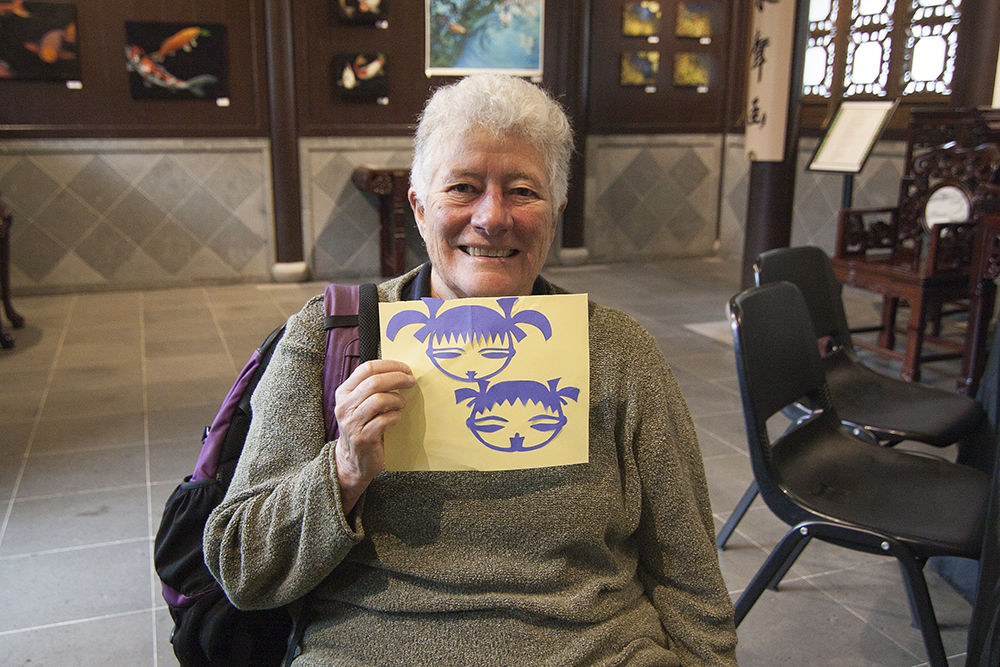We live in a significant period in history. With increased productivity, the majority of the people in the world—especially those in developed nations—have gained access to food, shelter and other necessities of life. Due to an improved quality of resources, culture has prospered and knowledge has expanded. People have started to put value into material goods.
Despite an abundance of material provisions that many societies enjoy, the 21st century faces new challenges. Productivity has come at the cost of ecological damage and depletion of resources. To put it simply, our planet may be in crisis. Discussion on sustainability is an urgency.
Dr. Hiroshi Komiyama is Japan’s top expert in sustainability, chairman of the Mitsubishi Research Institute, Inc. and the 28th president at the University of Tokyo. As a renowned academic and researcher, he exemplifies Portland State’s very own mission statement—“Let Knowledge Serve the City.”
On Oct. 29, as part of the Portland State of Mind lecture series, around 100 attendees joined Komiyama at Smith Memorial Student Union to hear about his ideas regarding sustainable society in the 21st century. During the lecture, Komiyama opened up an invitation for the city of Portland to join “Platinum Society,” a term coined for his vision of the 21st century.
“This is the kind of society that can live with dignity from childhood to seniority, after material necessities have been fulfilled,” Komiyama said.
According to Komiyama, conditions must be met in the realms of ecology, resources, societal participation of all age groups, richness of culture and job opportunities in order to achieve Platinum Society.
His lecture focused particularly on the realms of ecology and resources—energy—as Komiyama’s major research fields include chemical engineering, global environmental engineering and advanced material engineering. Komiyama has proposed this very vision to the modern Japanese society, which has overcome some major challenges that many industrialized nations face today.
Japan is not endowed with natural resources and is easily afflicted with damage from environmental pollution. From 1968 to 1970, Japan achieved high economic growth through industrialization, but also suffered from heavy pollution and energy crises.
In order to combat extreme increases in oil prices, the Japanese manufacturing industry decided to improve energy efficiency. By decreasing the energy required to produce one ton of cement, Japan was able to create world-class manufacturing industries.
“The simple fact of the matter is that in many areas of sustainability, Japan is ahead of the United States. Japan has had to deal with high fuel prices for the entire postwar era, for example, and along the way devised all sorts of clever solutions to use fuel efficiently,” said Professor Ruoff, director of the Center for Japanese Studies at PSU.
According to Komiyama, an increase in energy efficiency correlates with an increase in national GDP level and a decrease in energy consumption. By developing technology that improves energy efficiency, Japan was able to stimulate its economy without having to increase energy consumption.
Renewable energy and materials are another factor that promise potential to fulfill conditions for Platinum Society. Due to a saturation of artifact production—meaning the number will not increase much from the current level—there is a great availability of urban mines.
It is less energy-consuming to recover and recycle materials from available artifacts than to extract new materials from natural resources. Also, the price of renewable energy is decreasing with time.
Overall, Japan is now 39 percent self-sufficient in energy, mineral, food, wood and water. With continued efforts in developing technology and effective systems to reduce energy consumption, Komiyama projects Japan to be self-sufficient for energy by the year 2050.
So what about Portland? Komiyama sees great strength in this city.
“Portland has been changing continuously to make the city more walkable,” Komiyama said. “It is important that it makes consistent efforts to move toward a sustainable society.”
In fact, everyone can contribute to this movement toward a new society. In the past, two-thirds of energy were consumed by manufacturing industries; now, individuals consume energy in their daily lives through personal transportation and electricity usage. Through activities that promote energy efficiency, such as recycling materials and utilizing public transportation, everyone can help prevent a global crisis.
In response to the importance of the sustainability issue in Portland, Ruoff said, “For every reason imaginable, empirically based knowledge about sustainability is critical as Portlanders, Oregonians, Americans and the rest of the world confront challenges to the environment.”
Some student attendees shared their thoughts after the lecture.
“Sustainability is becoming an increasingly urgent issue, and as young adults, I feel that we will need to find ways to address it during our lifetime,” said Robyn Anderson, a post-baccalaureate student majoring in Japanese at PSU.
“Dr. Komiyama’s vision for achieving sustainability in 2050 was eye-opening,” said Khaja Hussain, a graduate student studying international management. “This was a wonderful opportunity to hear from an expert in green technology.”
PSU can be a site for great innovative thinking. There is great diversity of individual thinking here, and Komiyama strongly believes that diversity leads to quality. He encourages students of all majors to engage in the subject of sustainability through action.
“I believe that action often leads to change of mindset,” Komiyama said.
In fact, Komiyama built a personal eco-house to promote energy efficiency to the public. “Students should know that the future is not the extension of the present…. We cannot maintain the current civilization without changing our way of life,” Komiyama said.
In this age of unlimited access to not only material resources but also to information, each specialty area becomes narrower as the level of knowledge becomes higher. Komiyama emphasizes the need to integrate various fields to solve societal enigmas. Each person holds a special niche in the bigger picture of sustainability. It does not take just a single engineer or policymaker to cultivate change; architects, entrepreneurs and people from multiple disciplines to achieve a sustainable society are also sought.
“Most important is discussion,” Komiyama said. “Face-to-face dialogues between various individuals often lead to [the] final creative solution.” This includes the issue of a sustainable society in the 21st century.






